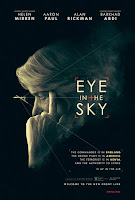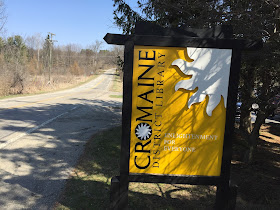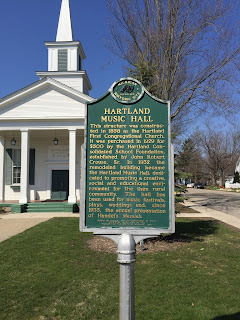I've posted the last couple of days about this new (annotated) collection of poems by Edna St. Vincent Millay (Yale UP, 2016), mostly riffing on my memories of learning about Milllay, reviewing some books about her, chasing her story here and there. Today (and finally!) a little bit about the book itself.
The volume features an introduction by Holly Peppe, Millay's literary executor, a good, concise account of her life and career. Following that is a short description of the "editorial method" that the editor Timothy F. Jackson employed--useful information.
Then follow the poems, arranged both chronologically and by the collection in which they originally appeared (from Renascence and Other Poems, 1917, to the posthumous Mine the Harvest, 1954); Jackson also includes a couple of previously unpublished poems and an essay--and some letters (one of which has not been previously published).
Jackson's annotations, which appear in the margins, are generally very useful--and (best of all for readers) neither obtrusive nor annoying. An occasional vocabulary word, some information about the creation of the poem, some literary analogues and parents, some suggestions for additional reading--these are what readers will find in the margins. Oh, and not all pages or poems contain them. Just when necessary.
My favorite Millay poems are here ("What Lips My Lips Have Kissed," "Only until This Cigarette Is Ended," the "Figs" ("My candle burns at both ends"; "Safe upon the solid rock"), "The Courage That My Mother Had" (which I recited at my dear mother-in-law's funeral), "Dirge Without Music" (which I recited at a memorial for a close friend), and others)--and there are plenty more I can now easily peruse and (probably) memorize.
Missing, however, is the sonnet that Judith Guest used as an epigraph (well, the final four lines of the sonnet) at the head of her 1976 novel Ordinary People, which later became a popular film. (Link to trailer.) That 1980 film won Oscars for Robert Redford (in his directing debut) and actor Timothy Hutton. Much of the filming was in Lake Forest, IL, where Joyce, Steve, and I lived during the 1978-79 academic year (Joyce and I were both teaching at Lake Forest College; Steve was in 1st grade), so it had some personal resonance, as well.
Here's that sonnet:
Read history, thus learn how small a space
You may inhabit, nor inhabit long
In crowding Cosmos — in that confined place
Work boldly; build your flimsy barriers strong;
Turn round and round, make warm your nest; among
The other hunting beasts, keep heart and face, —
Not to betray the doomed and splendid race
You are so proud of, to which you belong.
For trouble comes to all of us: the rat
Has courage, in adversity, to fight;
But what a shining animal is man,
Who knows, when pain subsides, that is not that,
For worse than that must follow — yet can write
Music; can laugh; play tennis; even plan.















































